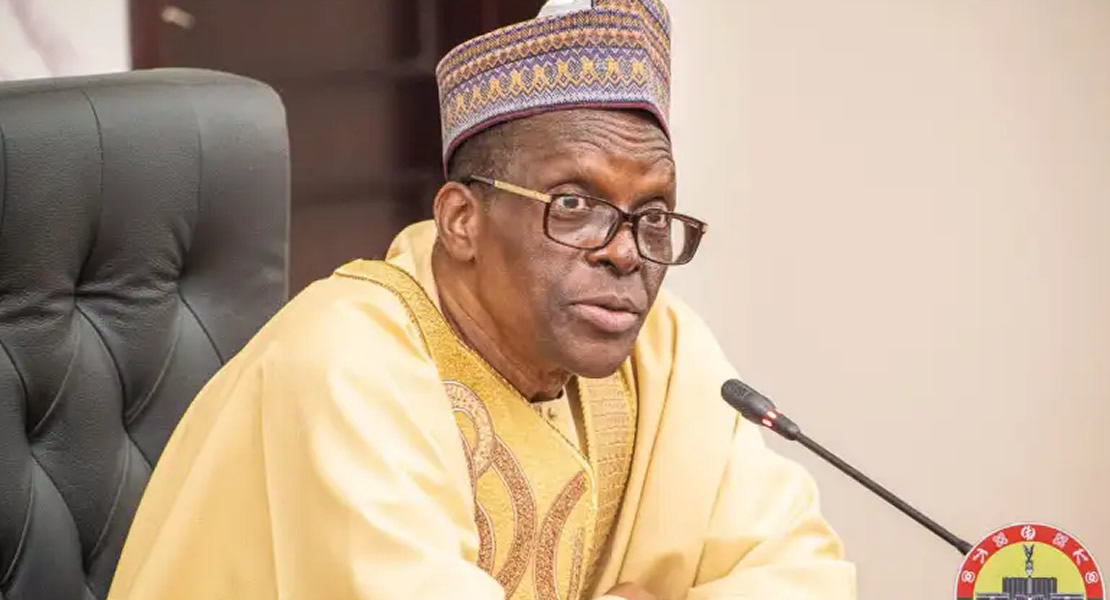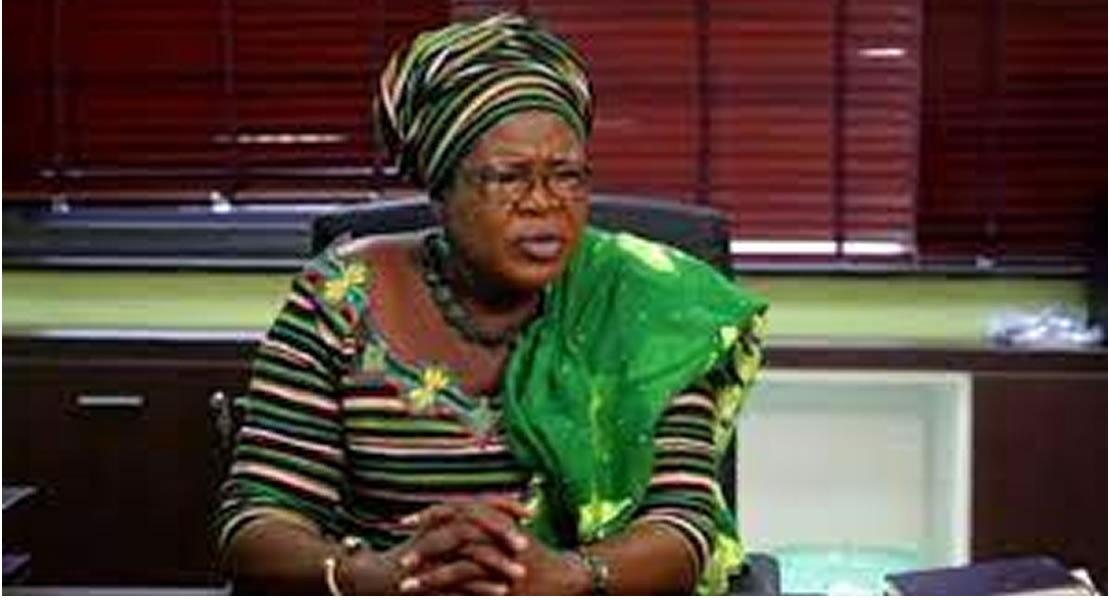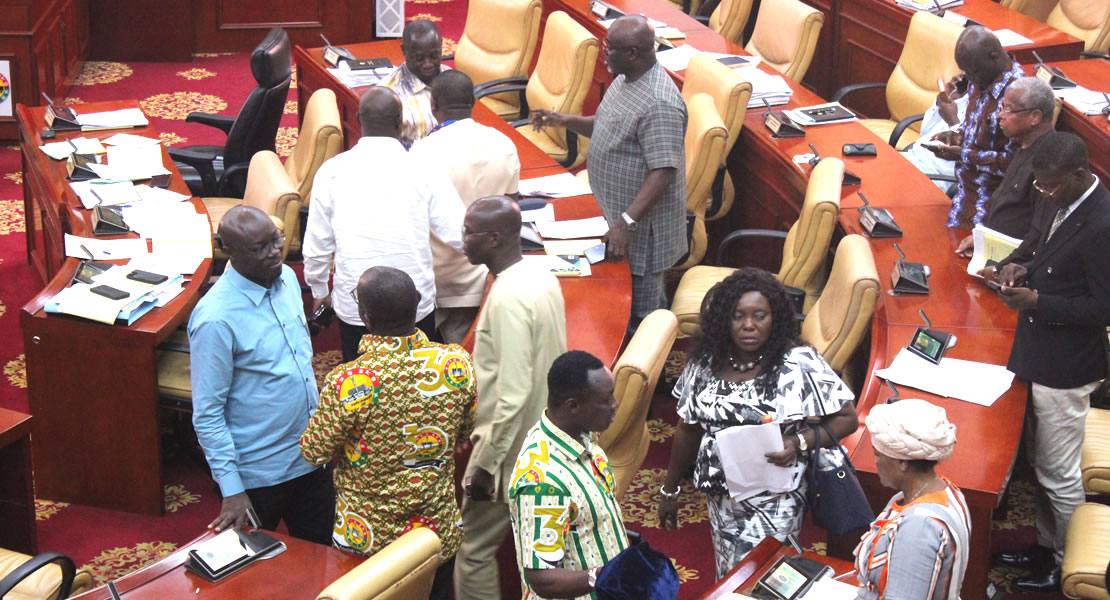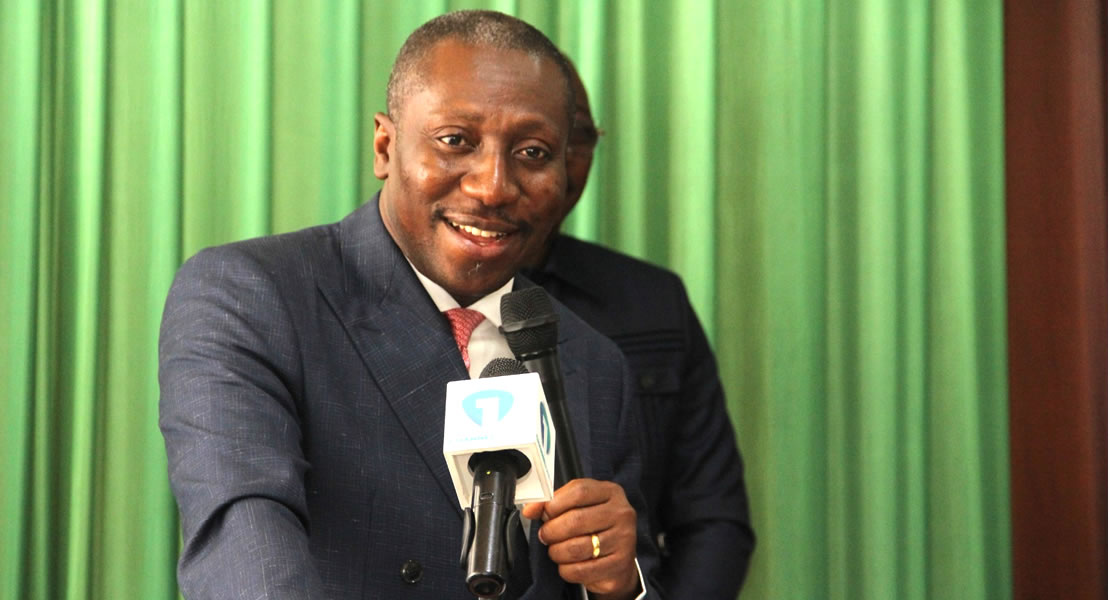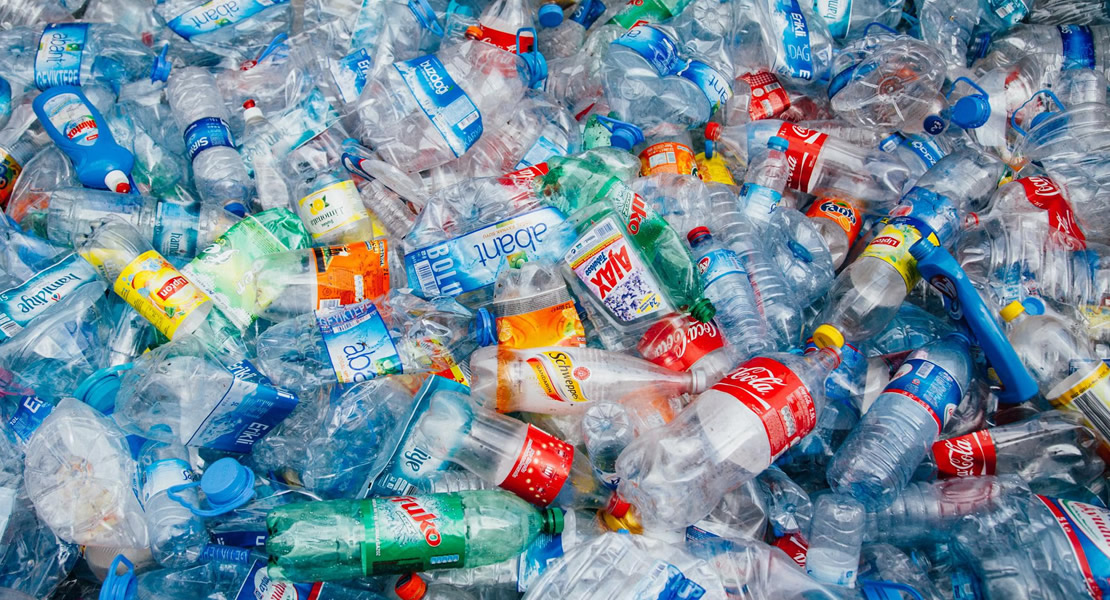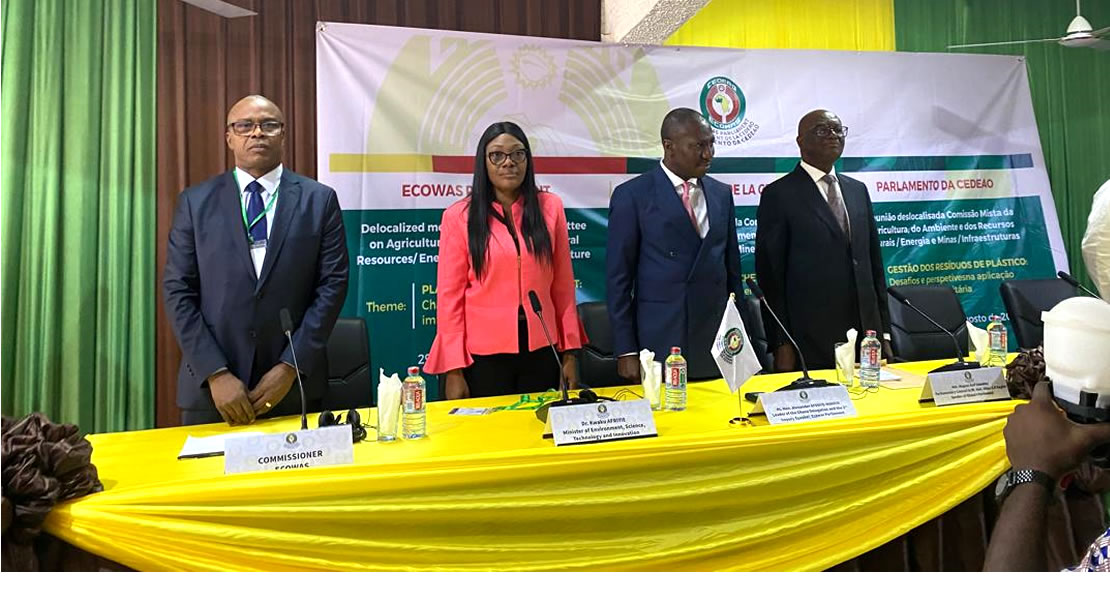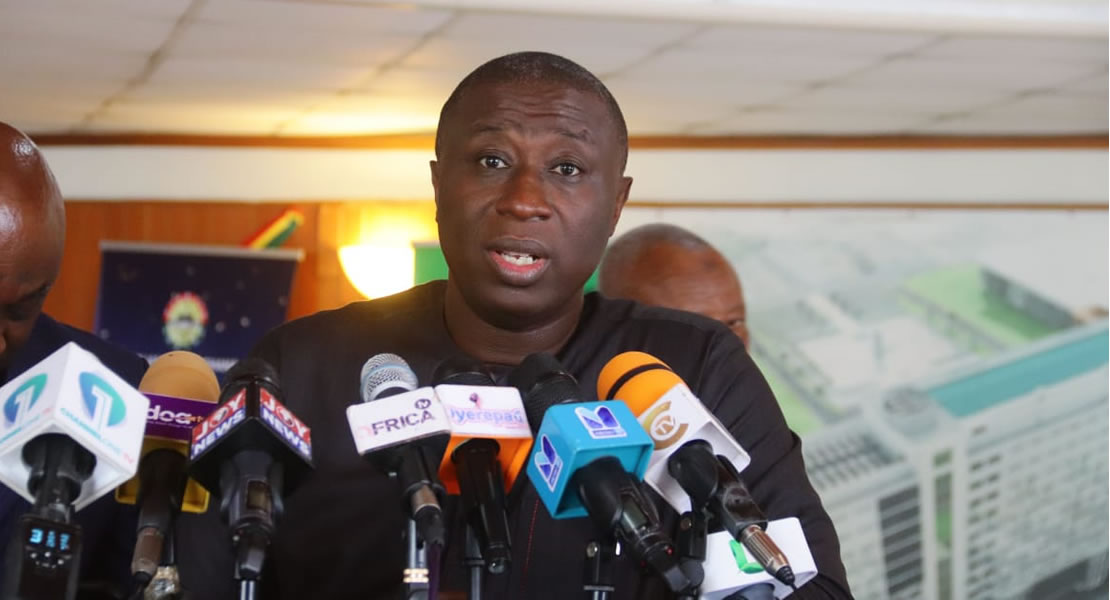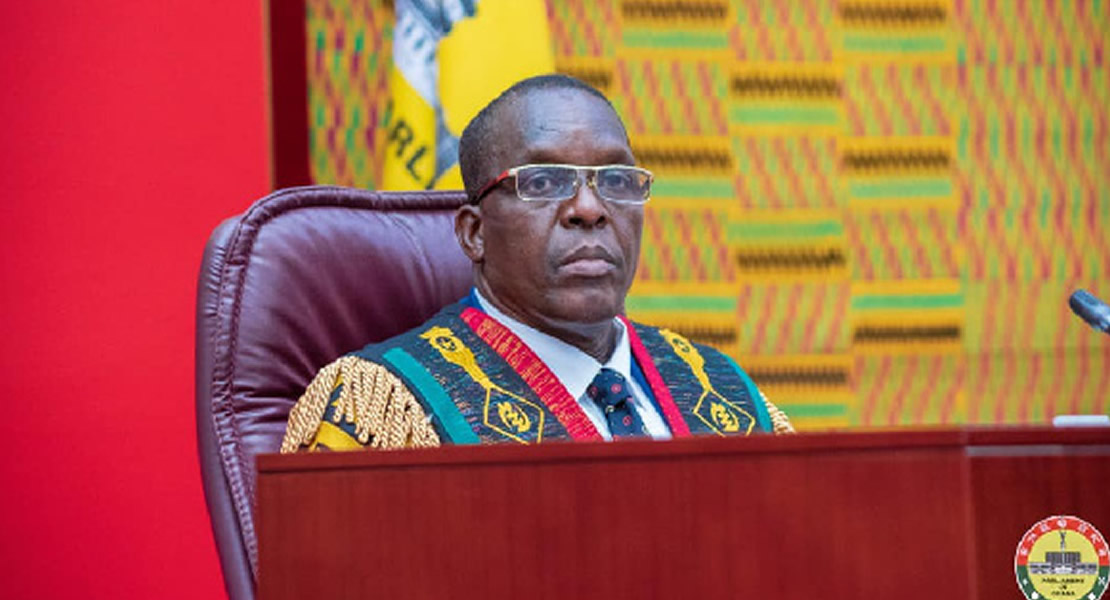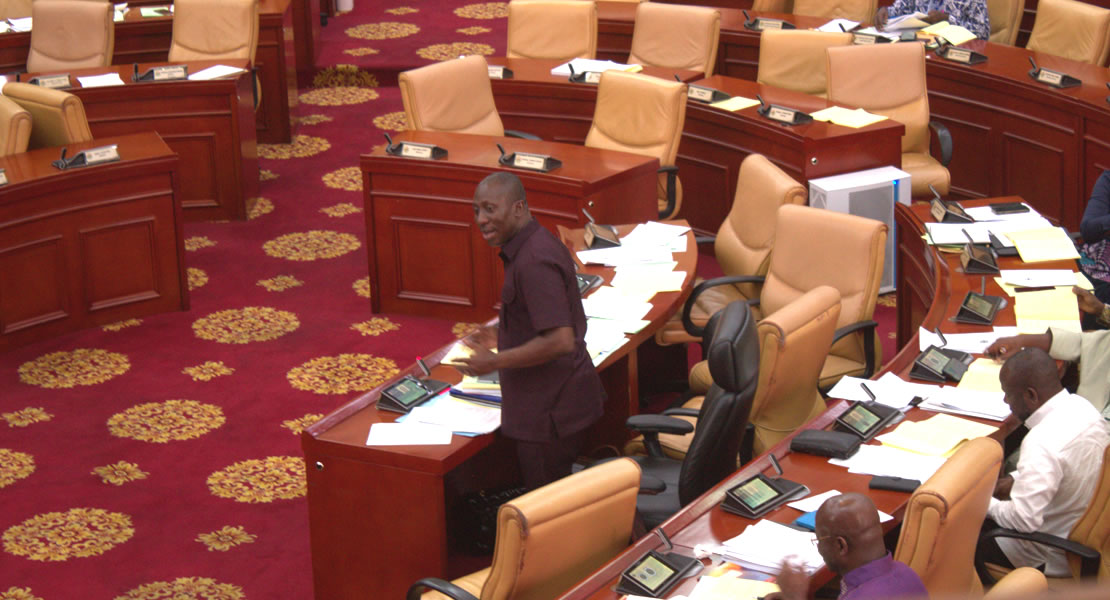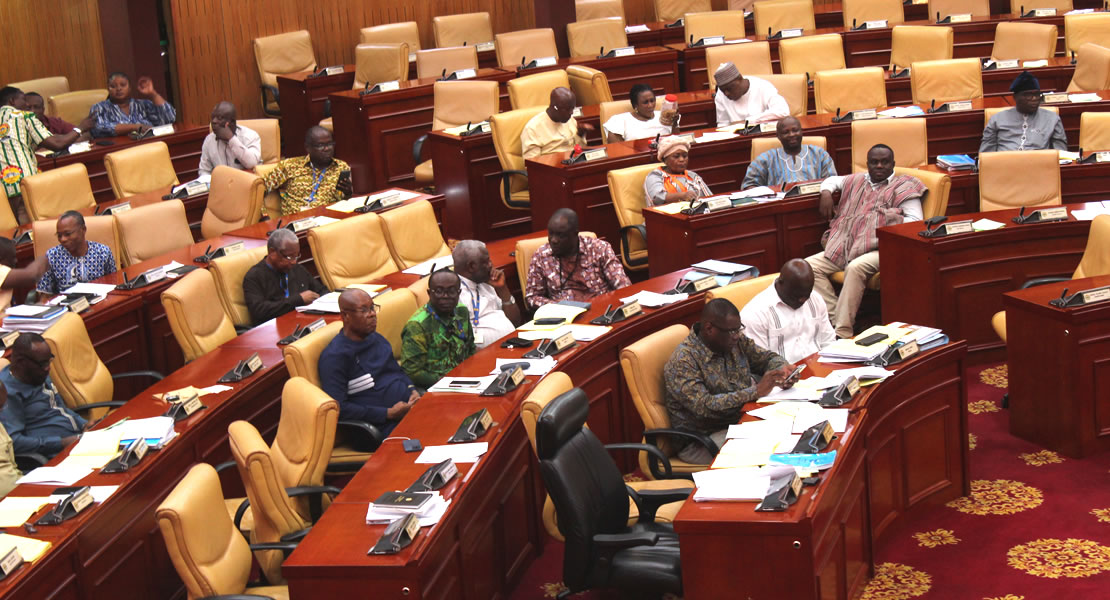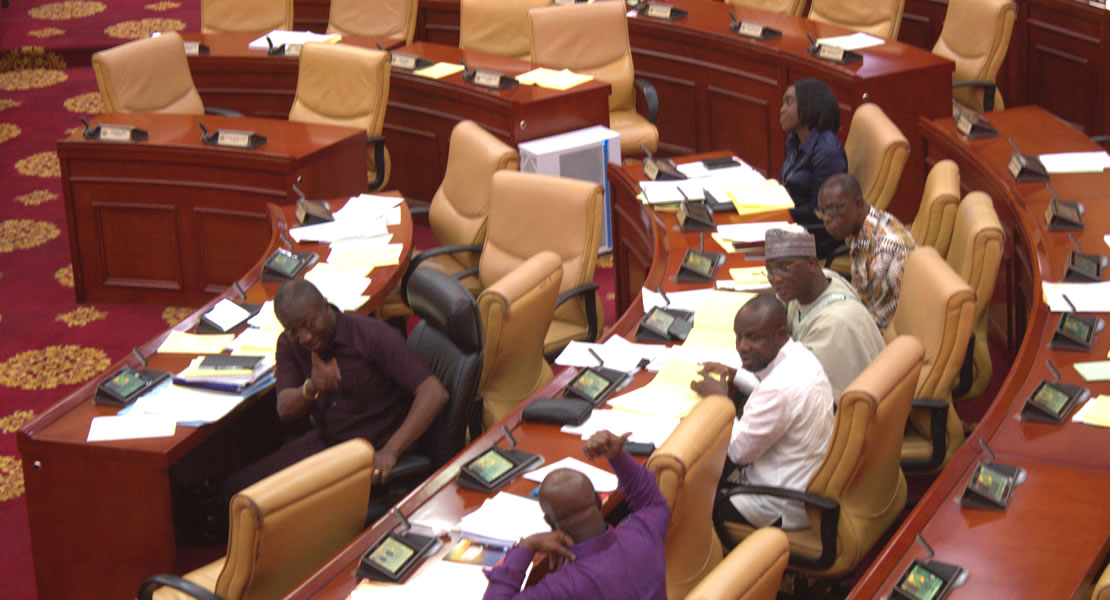The Third Deputy Speaker of the Economic Community of West African States’ parliament, Alexander Afenyo-Markin has proposed a five point action plan for consideration to deal with the menace of plastic in the sub-region.
The Effutu lawmaker, whose welcome address at the opening of the Delocalized Joint Meeting of the Committee on Agriculture, Environment and Natural Resources, Energy and Mining/ Infrastructure of the ECOWAS Parliament ongoing at Winneba – Ghana, was delivered by another member of the Ghanaian delegation to the ECOWAS parliament, Samson Ahi said the ancient harmony enjoyed by countries along the coast in the region is under threat due to an ever increasing plastic wastes; and there is the need to take action now to safeguard livelihoods and the people.
According to him, the effects of plastic wastes are enormous and dire to the survival of the people hence the theme; “Plastic waste management: challenges and prospects in the implementation of Community activities”, is not merely a topic for academic discussion but a clarion call to action, a command to safeguard the very essence of our West African identity.
“Our once-pristine beaches are now littered with the debris of our modern lives. Plastic waste chokes our waterways, suffocates our marine life, and poisons the very waters that have nourished us for millennia. In Ghana alone, records show that we’ve witnessed a staggering 59% decline in small pelagic fish landings between 1993 and 2019. Our neighbors in Cote d’Ivoire have seen their catch tumble by 40% in less than two decades.
But the crisis extends far beyond our shores. It seeps into the very fabric of our societies, threatening livelihoods, food security, and our cultural heritage. The scale of this problem is staggering. In 2018 alone, our coastal West African countries generated 6.9 million tons of plastic waste. Nigeria, our largest economy, accounted for 4.7 million tons of this figure. Even more alarming, 20% of this waste was produced within just 30 kilometers of our coastlines, with most of it ending up in our precious oceans.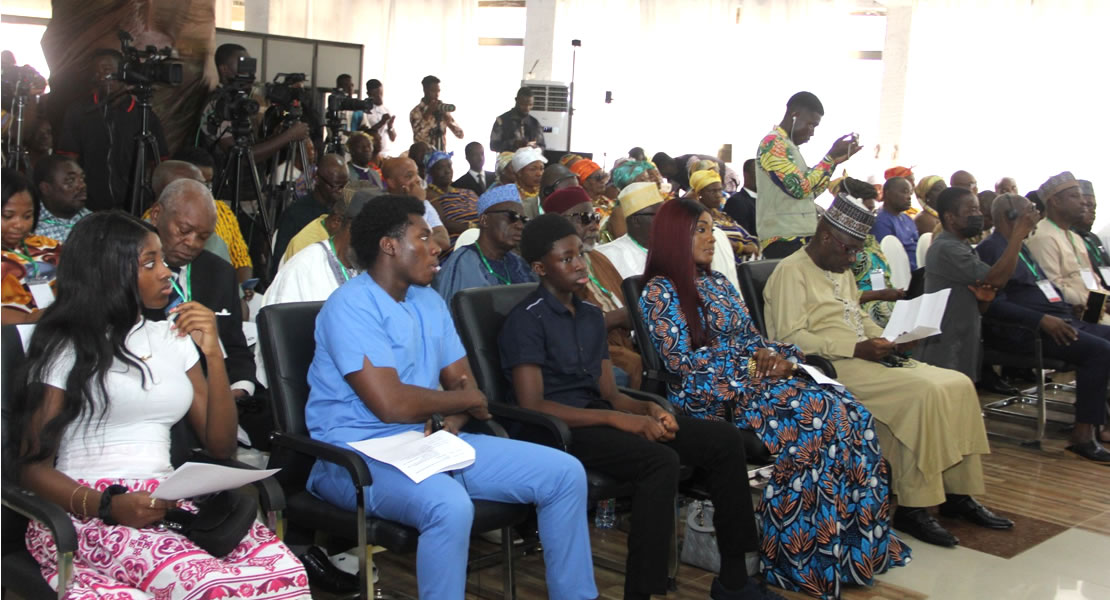
The economic toll is equally devastating. Each ton of plastic waste causing marine pollution costs our region between USD10,000 and USD33,000. Our vital sectors – fisheries, aquaculture, marine tourism, and coastal real estate – are bearing the brunt of this relentless assault on our environment”.
As such, he affirmed that, “the plastic waste choking our waters is more than an environmental crisis – it is also a test of our commitment to our people, to our heritage, and to our future. It’s a challenge to our fishermen whose nets now catch more plastic than fish, to our farmers whose lands and livestock are threatened by this plague, and to our children who deserve to inherit clean beaches and bountiful seas”.
The Five-Point Action Plan
In proffering solution to the menace, Mr Afenyo –Markin who is also the leader of the Ghanaian delegation to the ECOWAS Parliament and the Majority Leader in Ghana’s Parliament believes that these five points when explored can help. These are;
• A push for harmonized legislation across ECOWAS member states to phase out single-use plastics within the next 3 years.
• The need to invest heavily in innovative waste management solutions that turn our challenge into opportunity (And suggested the adoption of pioneering initiatives like Safisana in Ghana and Recuplast in Senegal).
1- Safisana’s model combines faecal matter and organic waste treatment with the production of renewable energy, nutrients, and water. This innovative system not only addresses our waste problem but also produces biogas for energy and organic fertilizer for agriculture, creating a truly circular economy.
2- Recuplast’s initiative collects up to 150 tonnes of plastic waste monthly, providing livelihoods for over 5,000 people. They’ve created a network that recovers plastic from individuals for a fee or provides them with recycled products like basins, tables, or chairs.
• Strengthening enforcement against illegal fishing practices by foreign trawlers.
• A push for the establishment of an ECOWAS Coastal Protection Fund to support communities most affected by plastic pollution and declining fish stocks.
• A comprehensive public education campaign to change behaviors and attitudes towards plastic use and waste management, (This is not just a government problem – it requires the support of every West African).
He admonished his colleagues to ensure they come out with the best solutions as the entire population is looking up to them for a solution that would bring the needed relief.
“Let it be said that when our beaches were drowning in waste, our fish stocks dwindling, and our livelihoods threatened, we did not retreat. We advanced with innovative solutions like Safisana and Recuplast. We united across borders to implement harmonized legislation. We innovated to transform our waste into opportunity”, he added.
Ghanamps.com

